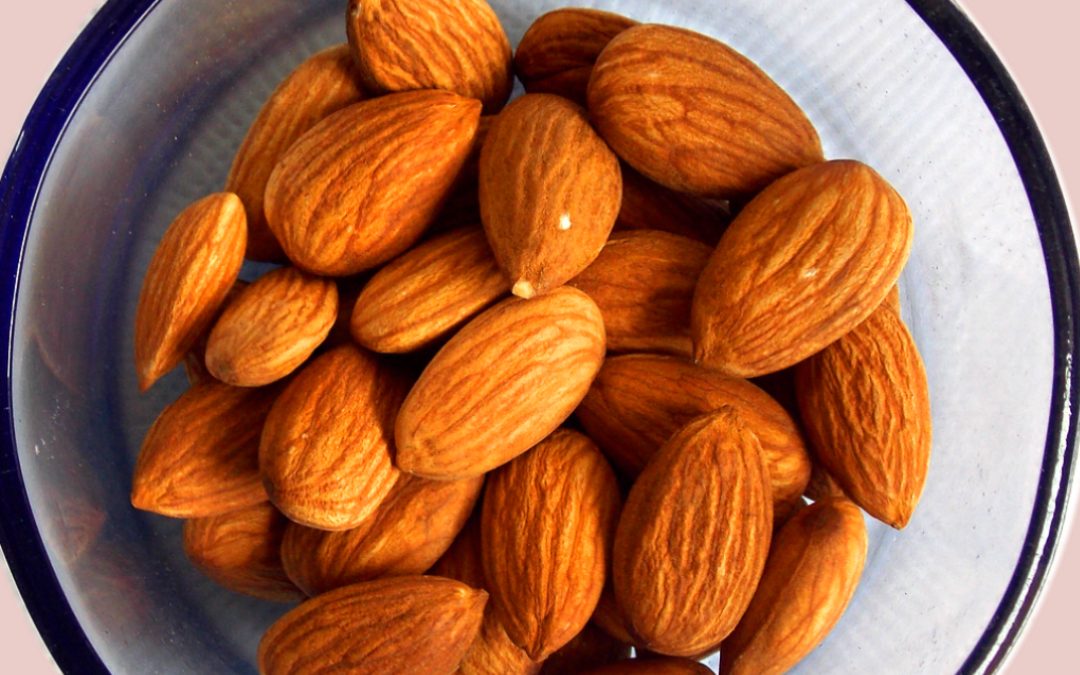Our body is WILD. Our complex system contains so many facets and elements that it can be difficult to understand how they all work together. Here is a quick break down:
Our body is composed of nucleic acids, proteins, carbohydrates, and lipids. These are the basic building blocks of every cell, system, and element. These building blocks are comprised of subcategories. For instance, lipids have three subcategories: triglycerides, steroids, and phospholipids. Lipids play a role in storage, signaling, and cell membrane formation.
To celebrate National Triglyceride Day, we are going to dive in to the depths and details of the triglycerides in our bodies.
What are triglycerides?
Triglycerides are made up of a chemical group (called an ester) that originates from glycerol and is connected to three fatty acids (“tri” = three). This is just fancy talk for a number of carbons connected to a few oxygens, with a couple of hydrogens sprinkled into the mix.
Where do they come from?
Triglycerides can enter our bodies from the foods we eat, such as oils, butters, and other fats. Our bodies can build triglycerides from an excess amount of calories.
What do they do?
When our body is functioning optimally, triglycerides are helpful for a couple of functions. For instance, when the body taps into triglyceride storage as fuel. This storage also serves as insulation for major organs of the body. Lastly, these storages assist fat soluble vitamins to nourish our bodies.
What if my triglycerides are high?
Sometimes there can be an excess of triglycerides in the body. When this occurs, the extra build-up of fat can lead to a thickened arterial wall, or hardening. This thickened wall can lead to an increased risk of stroke, heart attack, and heart disease, and kidney inflammation.
Ways to lower triglycerides
Triglycerides may be lowered naturally by increasing physical activity, smoking cessation, decreasing sugar intake, and/or eliminating alcohol.
Prescription medication can also help to lower triglyceride levels, such as statins, fibrates, and niacin. Fish oil supplements have also been shown to decrease triglyceride levels in some patients.
https://healthyeating.sfgate.com/three-classifications-lipids-found-food-human-body-11865.html
https://www.health.harvard.edu/heart-health/should-you-worry-about-high-triglycerides
https://medlineplus.gov/triglycerides.html
—
Learn more about My Simple 7– daily actions to thrive in a strong, healthy, and peaceful body.



